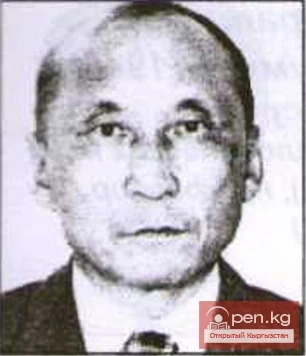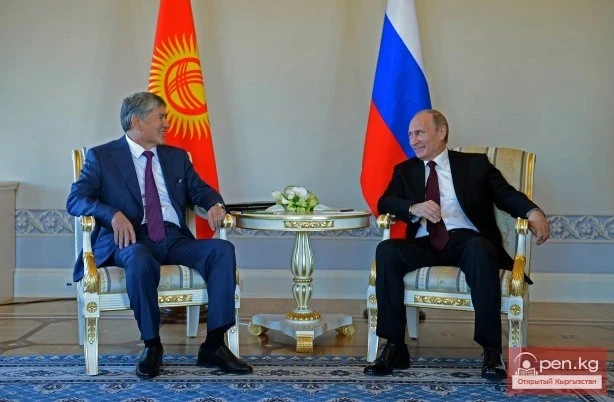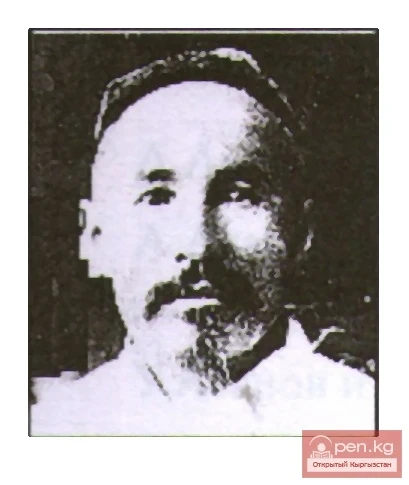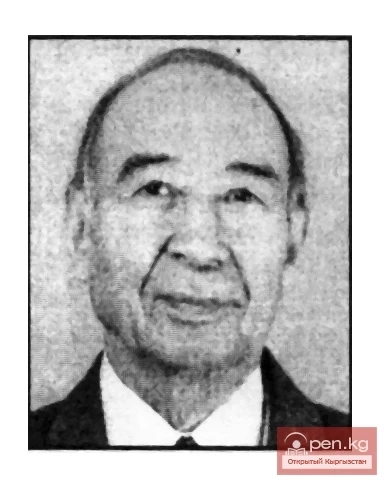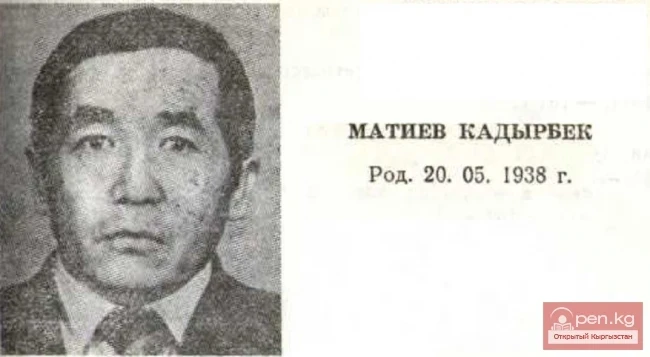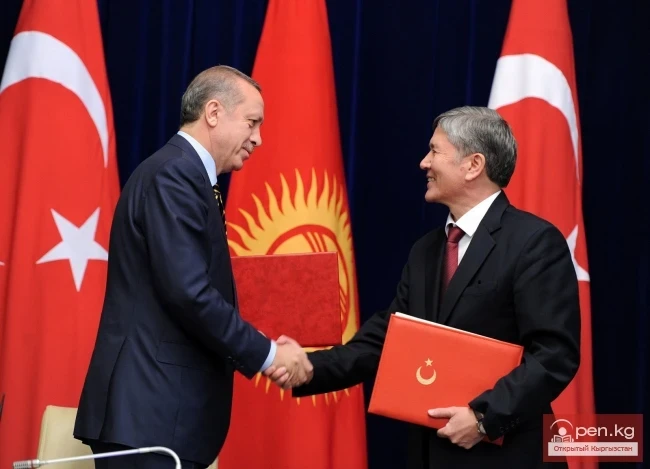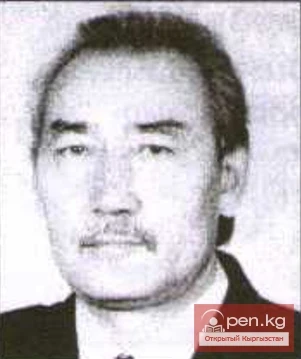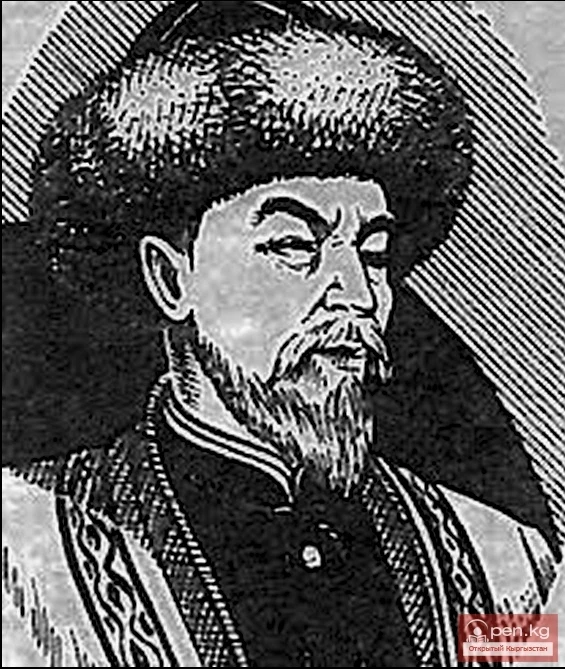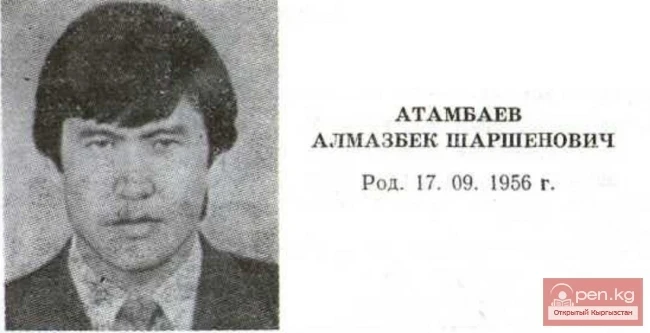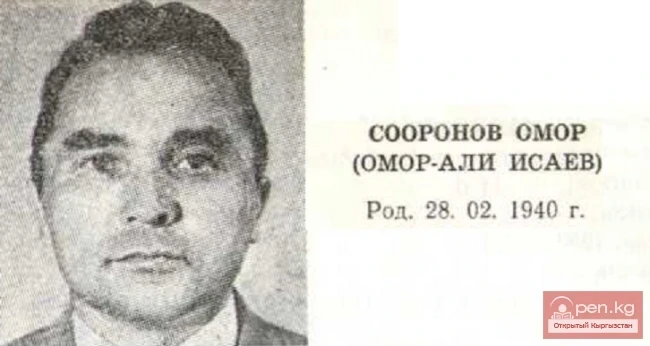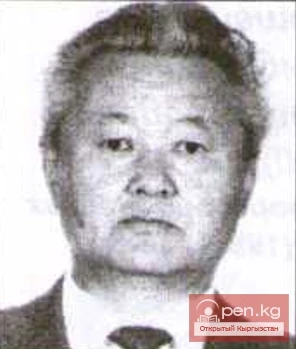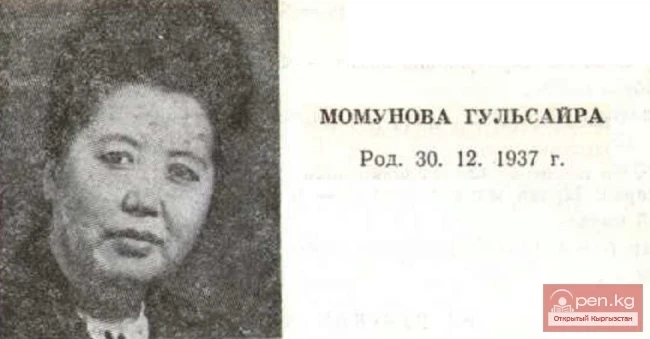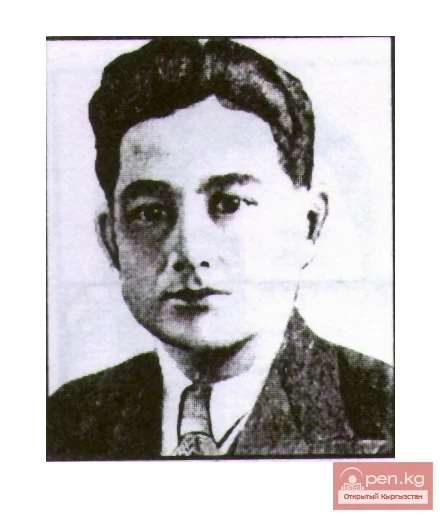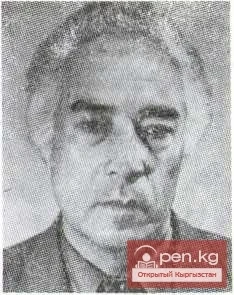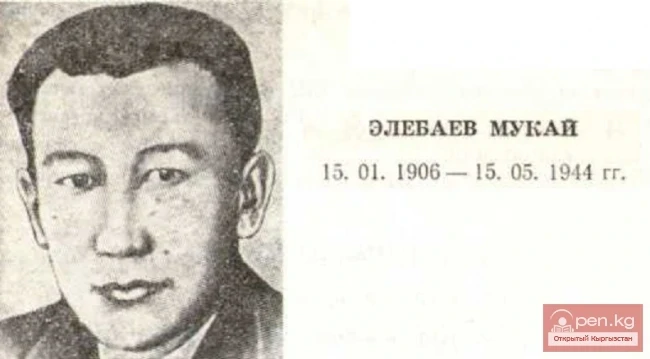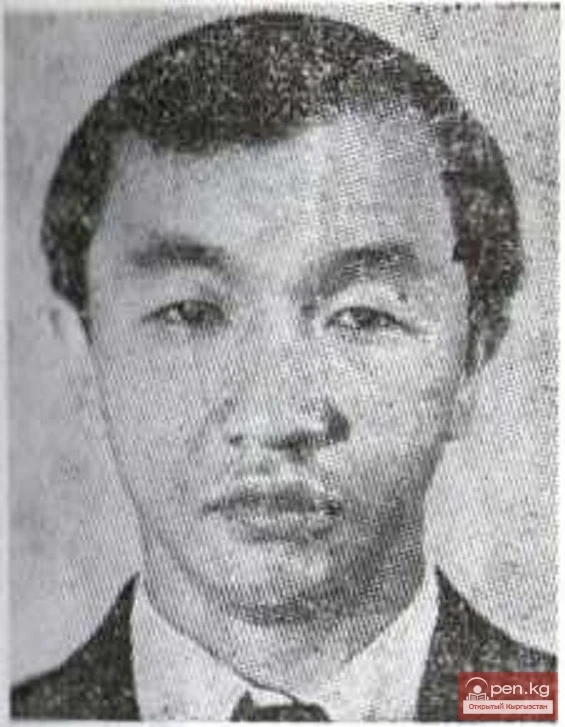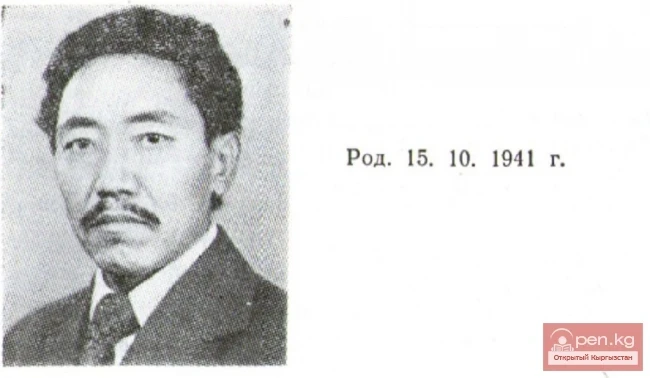
– The author interprets the theory of passionarity by Lev Gumilev, which has gained widespread acceptance among scholars in recent decades, in his own way, projecting it onto the economic models of various countries. What are the trends in global economic development? What are the reasons for the long-term economic growth, lag, or stagnation of certain powers? The author reflects on these questions in his quite bold and unconventional work. It is aimed at those interested in issues of economics, political economy, and economic history, as stated in the book's annotation "Theory of Nations."
The author of the monograph poses the question, “Are there regular cycles in the history of humanity? The colonization of the New World, world wars, the fall of Byzantium and Ancient Rome, the Crusades, the hordes of Genghis Khan and Attila – is it possible to see logic in all manifestations of human madness and heroism? How is it that in its short history on this planet, the human race has already participated in so many conflicts, most of which were caused by a delusional fixation or a dispute over a piece of land?”
– What drives human history? What compels great people of the past to commit sometimes unimaginable and absurd acts, leading millions of followers? This question was once posed by the great Soviet historian Lev Nikolayevich Gumilev. His answer is infused with poetry, of which the historian's father and mother – Nikolai Gumilev and Anna Akhmatova – were humble slaves. The history of humanity is driven by passion, notes Kadyrbek Atambaev in the introduction to the book.
According to him, “the book is dedicated to the mechanism of recharging passionarity, taking into account the model of the essence of man proposed by the ancient Greek philosopher Plato. The book will study the circumstances and conditions capable of awakening passionarity in society and directing it in the right direction through economic mechanisms.”
Reference IA:
Passionarity – the force of passion; the state of a person or social groups, ethnicities, compelling them to certain actions contrary to the instinct of self-preservation. This term was first used by Lev Gumilev in his theory of passionarity and ethnogenesis, describing the historical process as the interaction of developing ethnicities with the encompassing landscape and other ethnicities.
